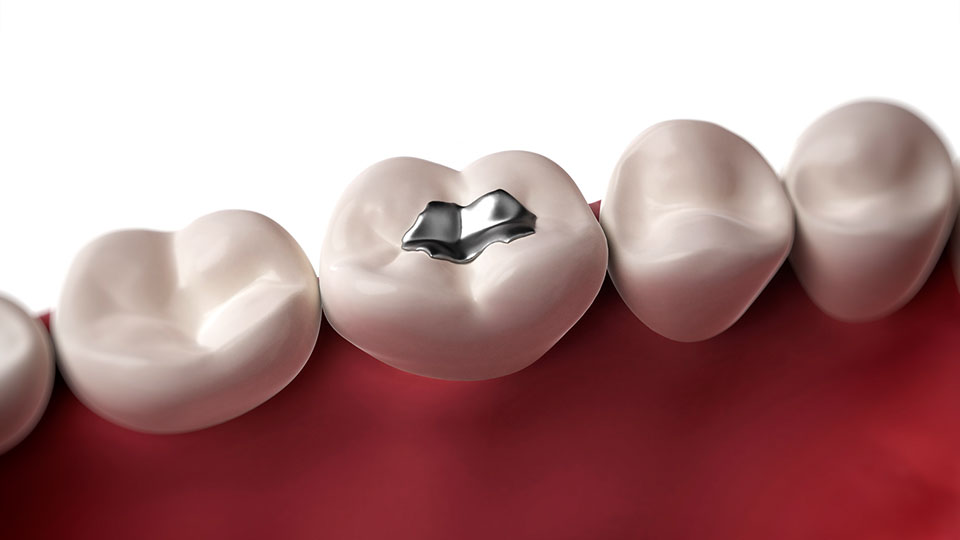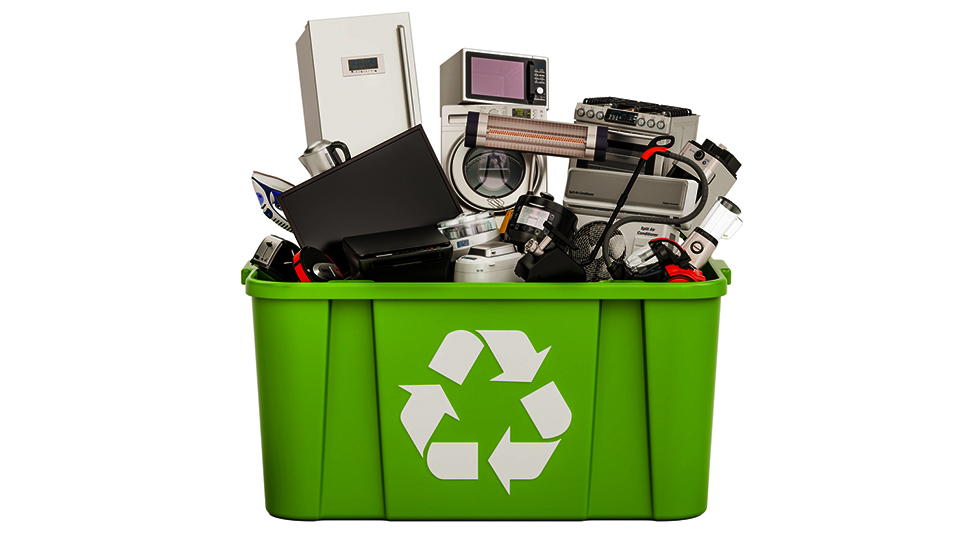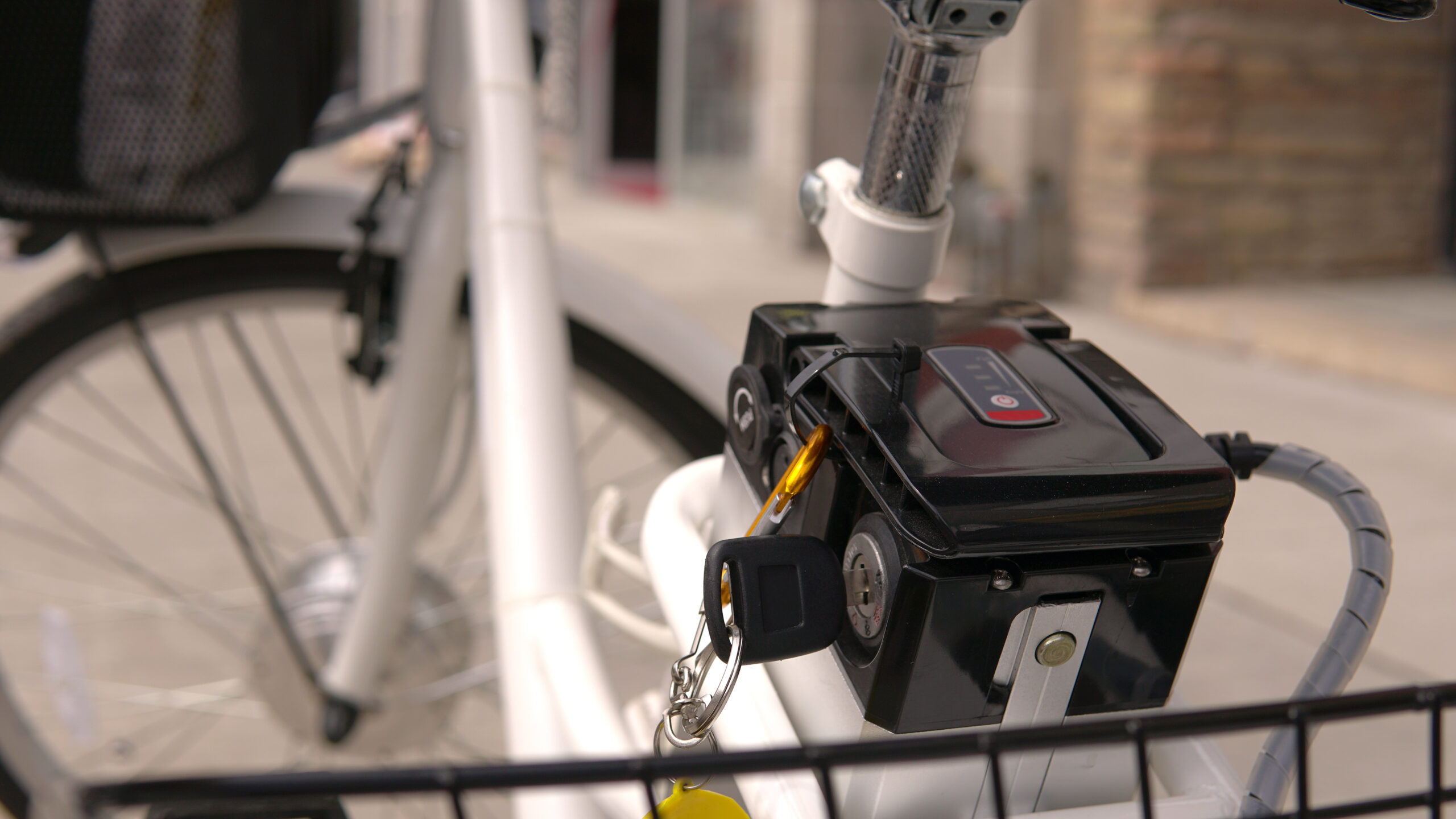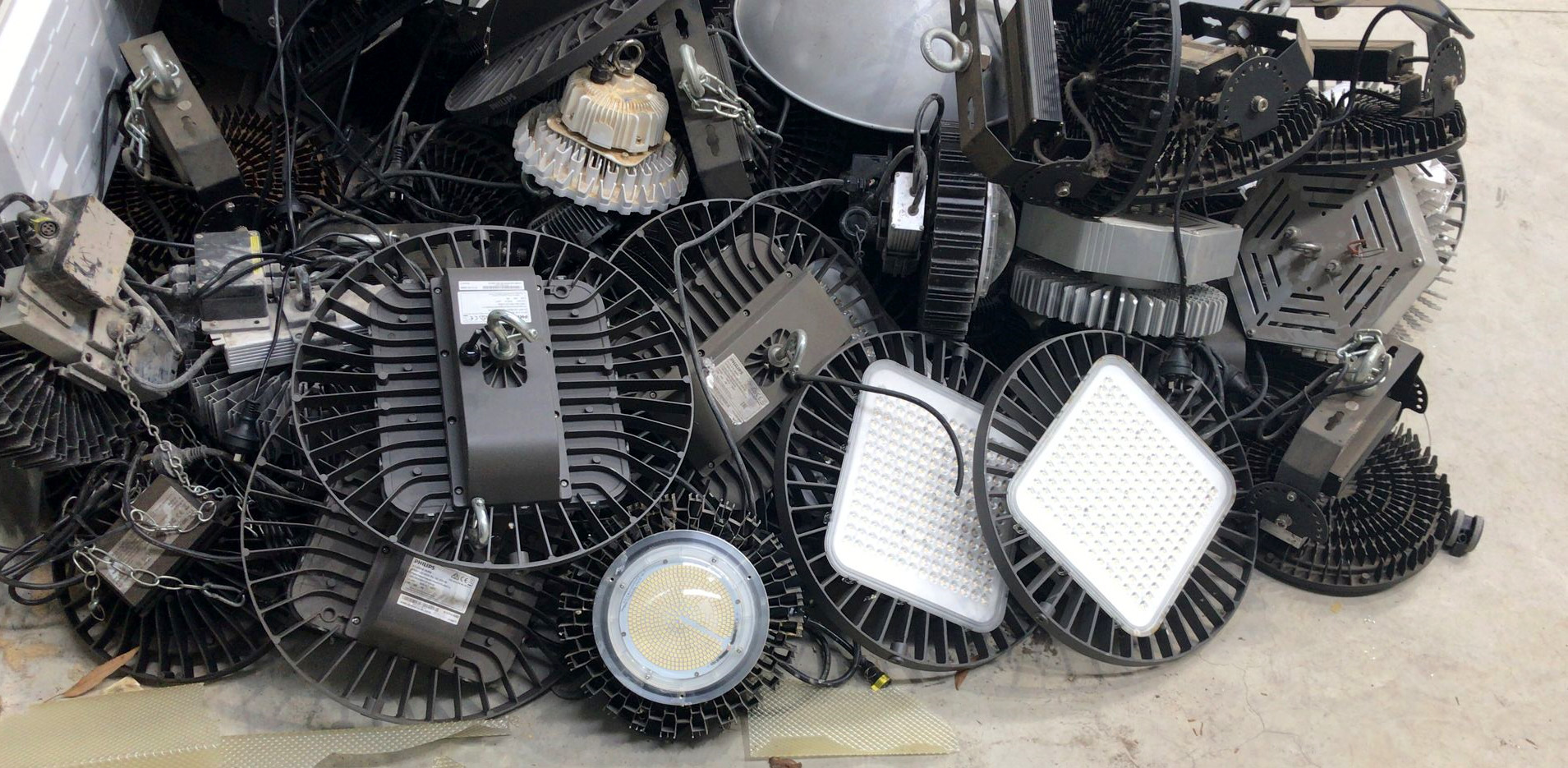The fact is that Ecocycle has been recycling a wide range of mercury-containing waste in Australia for more than 20 years.
Ecocycle is 100% Australian owned, and has invested heavily in state-of-the-art equipment and safety measures to protect the health of its workforce and the communities in which it operates.
Ecocycle has processed hundreds of tonnes of mercury catalyst waste and continues to do so, providing a sound local option for the Australian oil and gas industry.
However, in something of a slap in the face for the local mercury recycling industry, a new entrant, Dutch company BMT Mercury Technology, was quoted by Energy News Bulletin as saying “it has no competitors in mercury treatment in Australia because so far oilers have sent their waste to Europe for treatment”.
The article has since been updated to include the paragraph: “Victoria-based Ecocycle has been dealing with the oil and gas sector for some years now as Australasia’s licenced mercury recycler.”
The local option for oil and gas industry
Ecocycle Business Development Manager Daryl Moyle believes Ecocycle is not getting the recognition it deserves from the oil and gas industry.
“We are here, working hard to develop good relationships with the large resource companies, and are disappointed that they would consider partnering with a foreign-owned company rather than the local player,” he said.
“We have a positive working relationship with major gas players on the east coast, and a proven capacity to handle the quantities of mercury-contaminated waste generated on the west coast, so it doesn’t make sense to install yet more capacity when the ability to process current waste amounts already exists.”
Not only is Ecocycle more than capable of recovering all of this mercury, it can also recover the other valuable metals, such as copper, that are contained in the catalyst waste.
Questionable volumes
Mr Moyle also questions BMT’s estimates of the amount of waste being generated, as stated in the Energy News Bulletin article.
“They don’t specify the nature of the waste, but from all the information industry provide to us, we estimate that the amount of mercury-contaminated catalyst waste currently being generated by oil and gas companies in Australia is less than 300 tonnes per annum, on average. Certainly, some years could be more, such as when change outs occur, but other years there may well be no catalyst wastes,” he said.
“They (BMT) estimate 2000-3000 tonnes per annum, but that may include sludges which are a lot simpler and relatively straight forward to process and recycle.”
Mercury can represent a high percentage of the weight of catalyst waste.
But Mr Moyle does agree with BMT’s CEO Robert Jan Dubbeldam on one point – it is difficult to extract information from oil companies on an issue they would rather not talk about in public.
Choosing the Australian solution
The Minamata Convention has now been ratified by over 50 countries, and will come into force on August 17, 2017. Its terms will more tightly control the export of mercury waste.
But instead of rushing to build surplus recycling capacity, doesn’t it make sense for the oil and gas industry to embrace the local solution that has been under its noses all along?
Ecocycle is Australia’s most experienced and only fully licensed recycler of mercury-containing waste, including fluorescent lighting, electronic waste, batteries, and industrial and mining waste.
To find out more about our mercury recycling services, please phone 1300 32 62 92 or send us a note via the contact form below.






